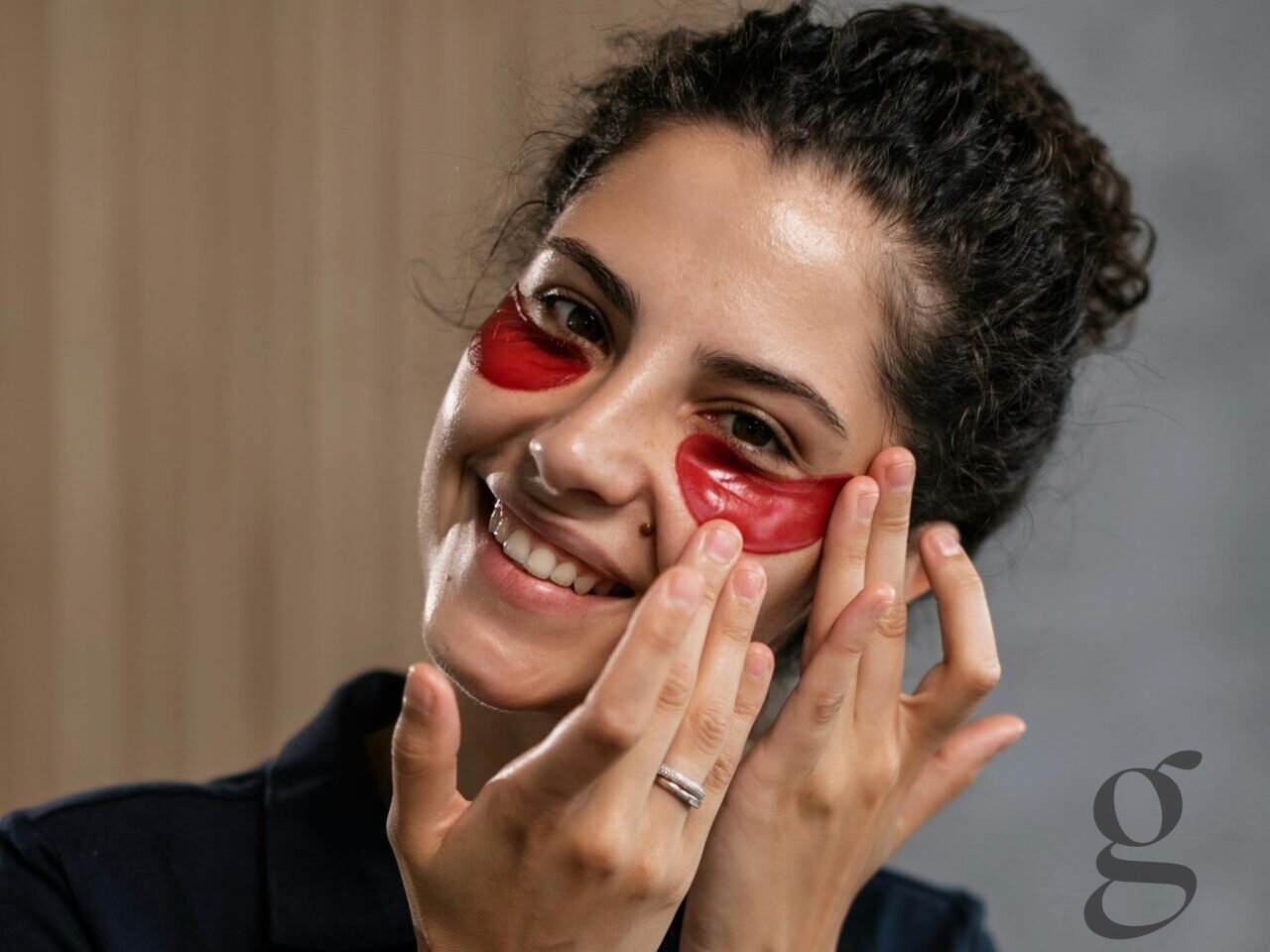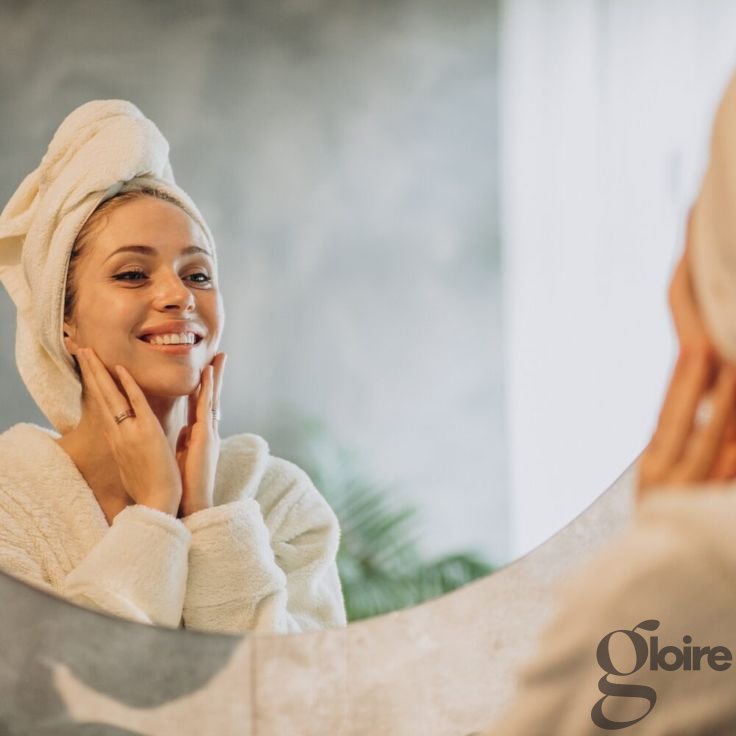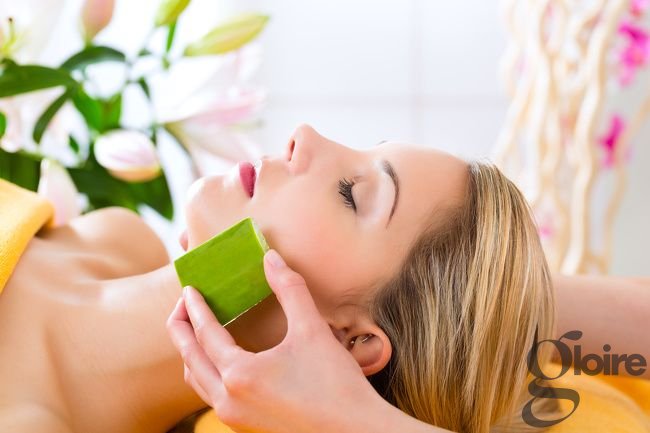Understanding Dark Circles: Causes and Challenges
Before delving into Vitamin C’s effectiveness, it’s essential to understand what causes dark circles. Common factors include:
- Thin Skin: The under-eye area has delicate skin, making blood vessels more visible.
- Pigmentation: Hyperpigmentation due to sun exposure or genetics can cause dark circles.
- Lifestyle Choices: Lack of sleep, stress, and dehydration exacerbate the issue.
- Aging: Reduced collagen leads to thinner skin, enhancing the visibility of dark circles.
- Allergies and Sinus Issues: These can cause blood pooling under the eyes, resulting in a darker appearance.
What is Vitamin C?
Vitamin C, also known as ascorbic acid, is a water-soluble vitamin found in many fruits and vegetables. It is a potent antioxidant, essential for skin health, and plays a crucial role in collagen synthesis.
Key Benefits of Vitamin C for Skin:
- Reduces oxidative stress.
- Enhances collagen production.
- Lightens hyperpigmentation.
- Improves skin texture and tone.
How Does Vitamin C Help with Dark Circles?
1. Reducing Pigmentation: Vitamin C inhibits melanin production by suppressing the enzyme tyrosinase. This reduces hyperpigmentation, making the under-eye area appear brighter.
2. Boosting Collagen Production: Collagen strengthens the skin’s structure. By enhancing collagen synthesis, Vitamin C thickens the under-eye skin, minimizing the appearance of dark circles caused by thin skin.
3. Antioxidant Properties: Vitamin C neutralizes free radicals, preventing oxidative stress that damages the delicate skin under the eyes.
4. Reducing Inflammation: Dark circles often result from puffiness and inflammation. Vitamin C has anti-inflammatory properties, which can reduce swelling.
Vitamin C for Dark Circles: Key Research and Statistics
Several studies support the use of Vitamin C for skin concerns:
- A 2019 study published in the Journal of Clinical and Aesthetic Dermatology found that topical Vitamin C significantly improved dark spots and skin brightness.
- Clinical trials show that consistent use of Vitamin C can enhance skin elasticity and reduce discoloration within 4-8 weeks.
How to Use Vitamin C for Dark Circles
1. Topical Application: Using a Vitamin C serum is the most effective way to target dark circles. Look for products with concentrations of 10-20% for optimal results. Apply it twice daily after cleansing.
Recommended Routine:
- Cleanse with a gentle face wash.
- Apply a Vitamin C serum.
- Follow with an under-eye cream and sunscreen during the day.
2. Dietary Intake: Boost your Vitamin C levels by consuming citrus fruits, bell peppers, strawberries, and green leafy vegetables.
3. Eye Creams with Vitamin C: Opt for under-eye creams formulated with Vitamin C to target dark circles while hydrating the skin.
Best Practices for Using Vitamin C Products
- Patch Test: Always test new products to avoid allergic reactions.
- Combine with Sunscreen: Vitamin C makes the skin sensitive to sunlight, so sunscreen is essential.
- Store Properly: Keep Vitamin C products in a cool, dark place to maintain their efficacy.
- Be Consistent: Regular use yields the best results. Expect noticeable changes in 4-6 weeks.
Does Vitamin C Serum Help with Dark Circles?
Yes, Vitamin C serums are particularly effective. Their concentrated formulation penetrates the skin deeply, delivering maximum benefits.
Choosing the Right Serum:
- Concentration: Look for 10-20% Vitamin C.
- Stability: Opt for products with L-ascorbic acid, the most stable form.
- Added Ingredients: Hyaluronic acid and Vitamin E enhance the serum’s hydrating and antioxidant properties.
Application Tips:
- Use a pea-sized amount for both eyes.
- Apply in gentle, tapping motions to avoid stretching the skin.
Is Vitamin C Good for Dark Circles? Real-Life Applications
Many skincare enthusiasts and dermatologists advocate Vitamin C for dark circles. Consider these examples:
- Post-Sleepless Night Remedy: Using a Vitamin C serum after a sleepless night can reduce puffiness and brighten the under-eye area.
- Daily Maintenance: Incorporating Vitamin C into your morning routine ensures long-term improvements in under-eye pigmentation and skin health.
Practical Tips for Maximizing Results
- Hydration: Pair Vitamin C with a hydrating eye cream to combat dryness.
- Cold Compress: Use chilled spoons or cucumber slices alongside Vitamin C for immediate relief.
- Lifestyle Adjustments: Ensure adequate sleep, hydration, and a balanced diet.
Common Questions About Vitamin C and Dark Circles
1. How long does it take for Vitamin C to show results? Visible improvements typically appear within 4-8 weeks of consistent use.
2. Can Vitamin C worsen dark circles? Incorrect usage, such as over-application or combining with incompatible products, may irritate the skin, exacerbating dark circles.
3. Can I use Vitamin C with other active ingredients? Yes, Vitamin C pairs well with hyaluronic acid and niacinamide but avoid combining it with retinol or AHAs/BHAs in the same routine.
Complementary Treatments and Lifestyle Tips
- Professional Treatments: Procedures like laser therapy and chemical peels can enhance the effects of Vitamin C.
- Stress Management: Practices like yoga and meditation reduce cortisol levels, improving skin health.
- Skincare Routine: Maintain a consistent routine tailored to your skin type. Include gentle exfoliation to remove dead skin cells.
Why Choose Vitamin C Over Other Remedies?
Natural and Safe: Vitamin C is a gentle yet effective solution for dark circles, suitable for most skin types.
Multifunctional Benefits: Beyond reducing dark circles, Vitamin C improves overall skin texture, tone, and elasticity.
Accessibility: Available in various forms, from serums to creams, making it easy to incorporate into any skincare routine.
Related Resources
- How to Get Rid of Under Eye Bags: Effective Solutions and Tips
- Retinol and Vitamin C: Can You Use Them Together?
- Vitamin C Serum for Face: Benefits and Best Brands
- How to Repair a Damaged Skin Barrier
- Skin Care Routine for Combination Skin
Conclusion
So, does Vitamin C help with dark circles? The answer is a resounding yes. With its ability to brighten skin, reduce pigmentation, and boost collagen, Vitamin C is a powerful ally in the fight against dark circles. Consistency, proper application, and a holistic approach to skincare will yield the best results. Start incorporating Vitamin C into your routine today for a brighter, more refreshed under-eye area.








